Gallery
Photos from events, contest for the best costume, videos from master classes.
 | 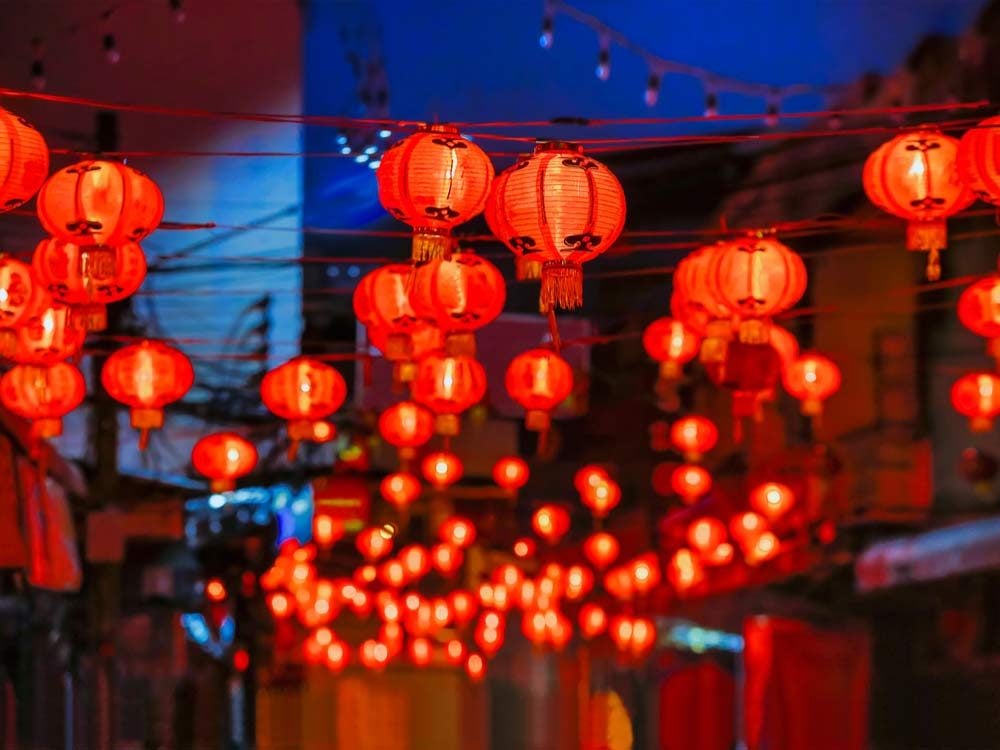 |
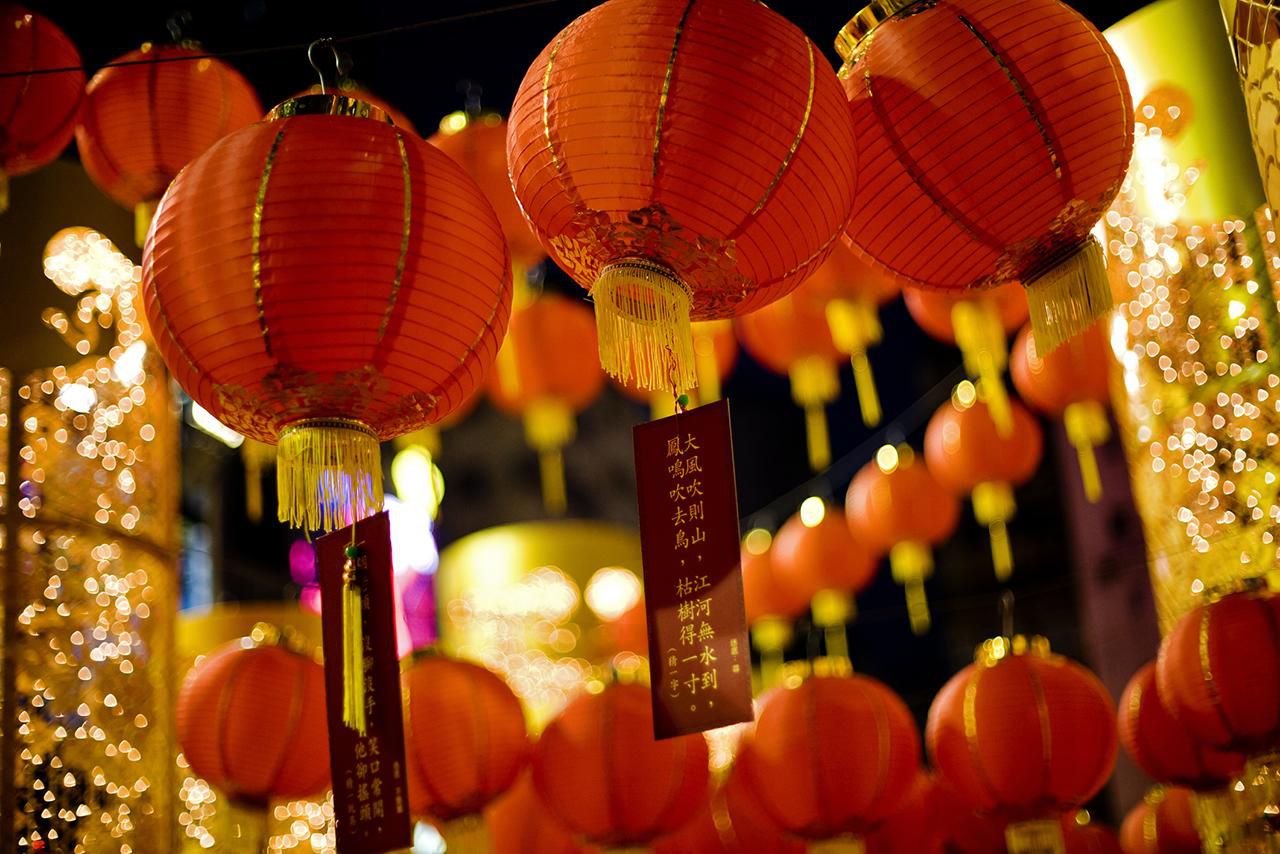 | 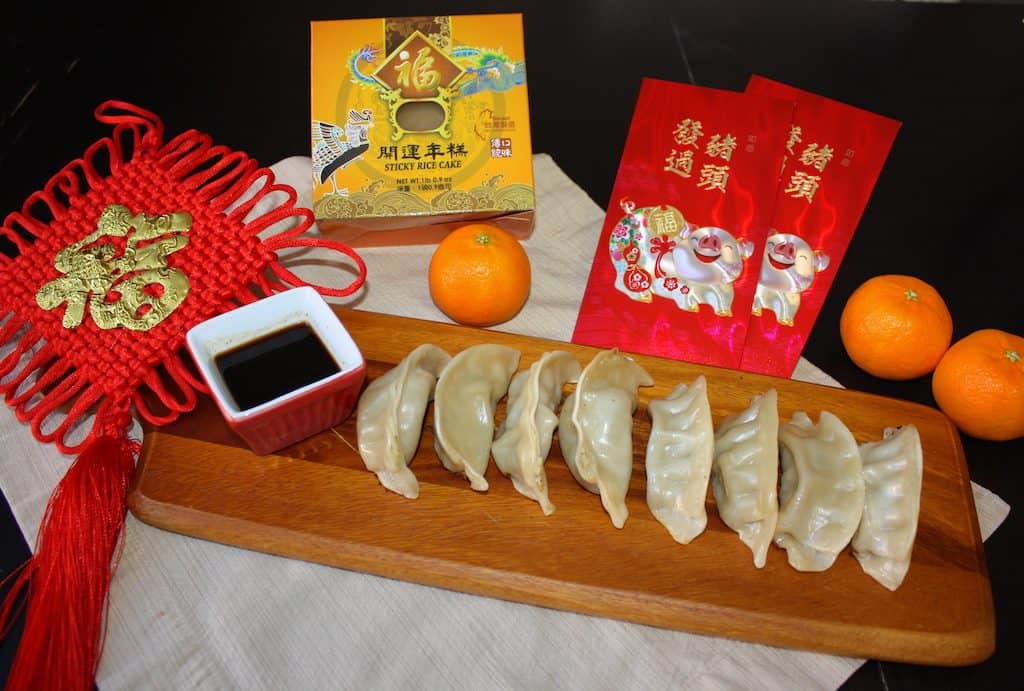 |
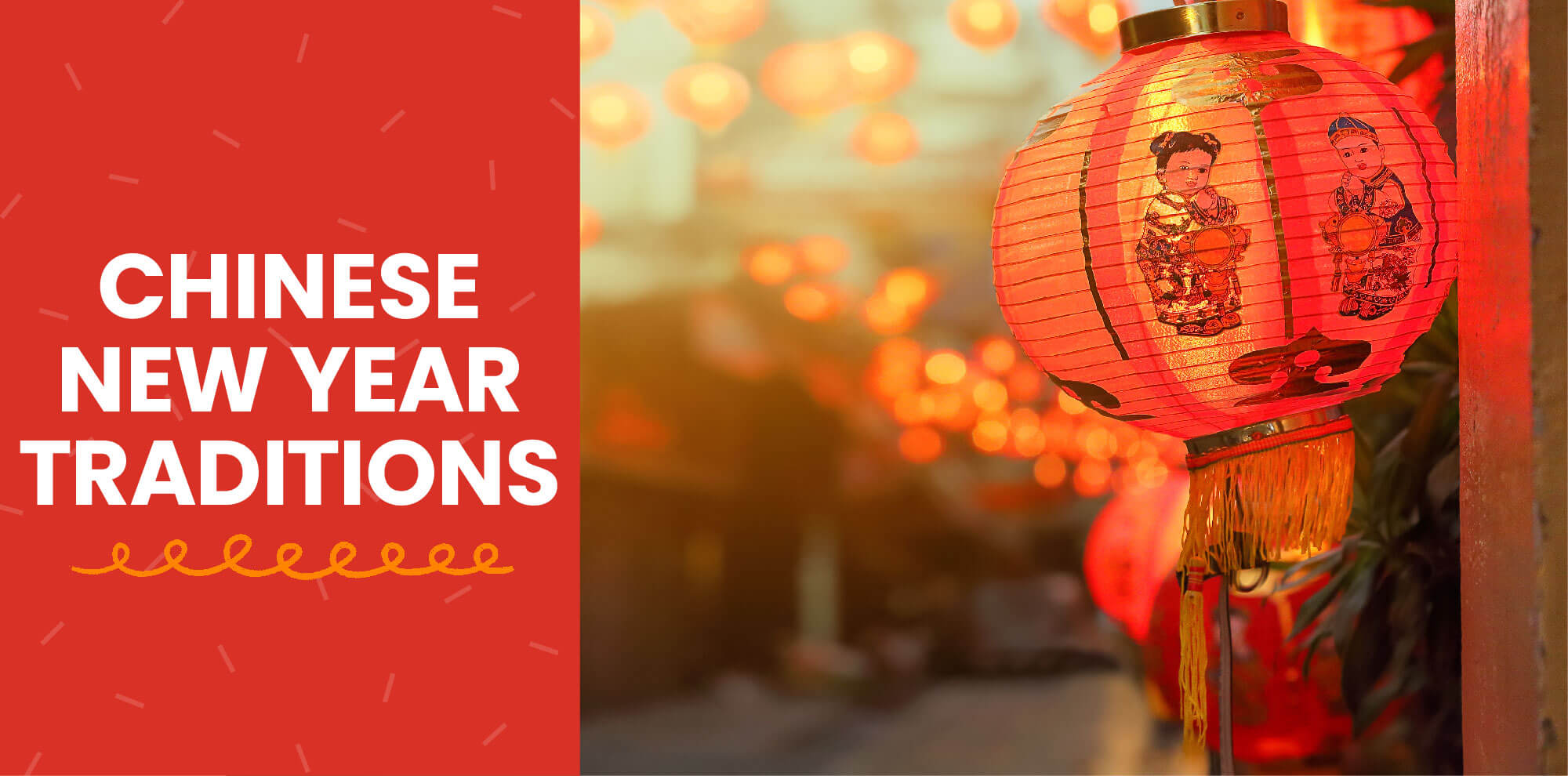 | 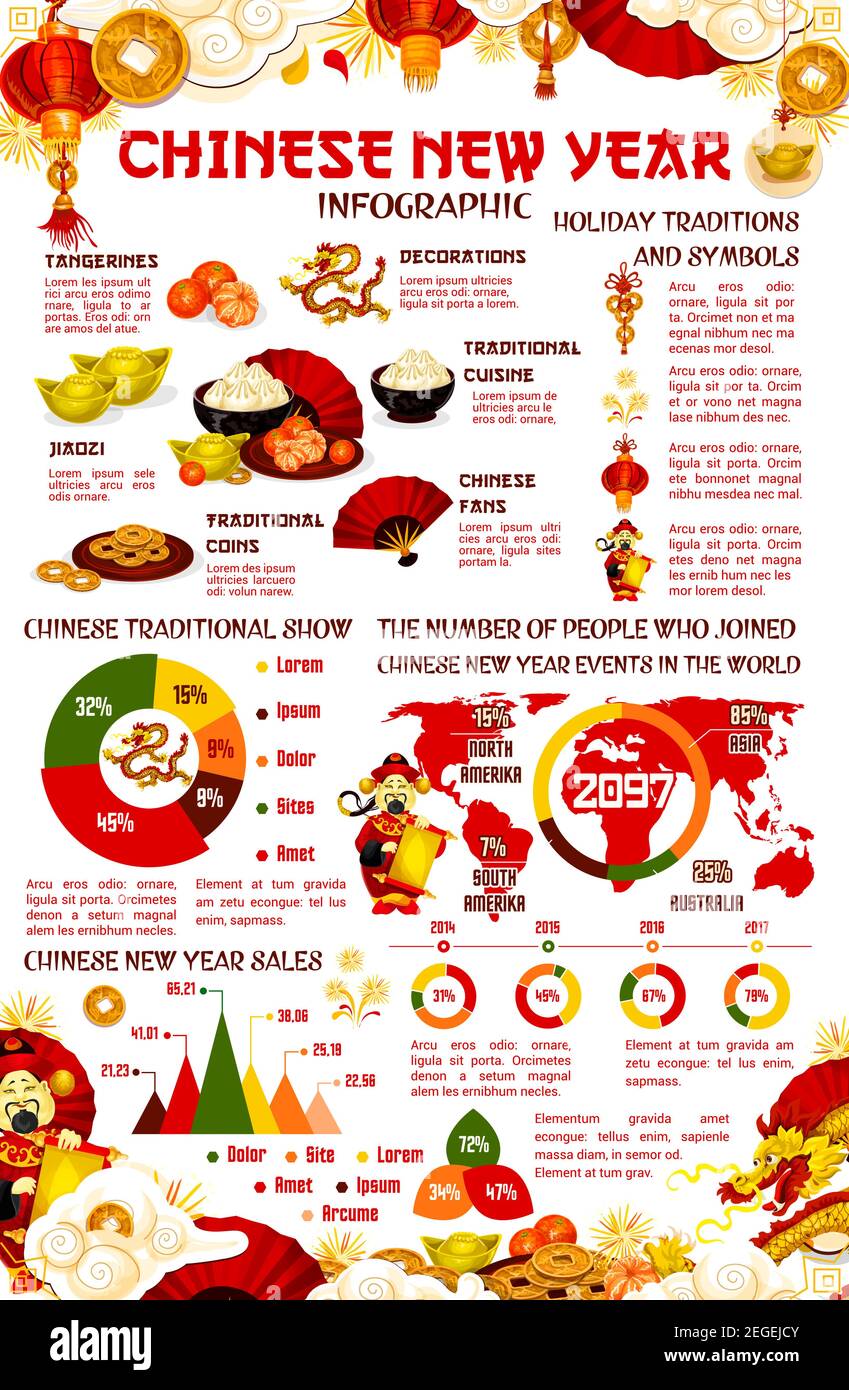 |
 | 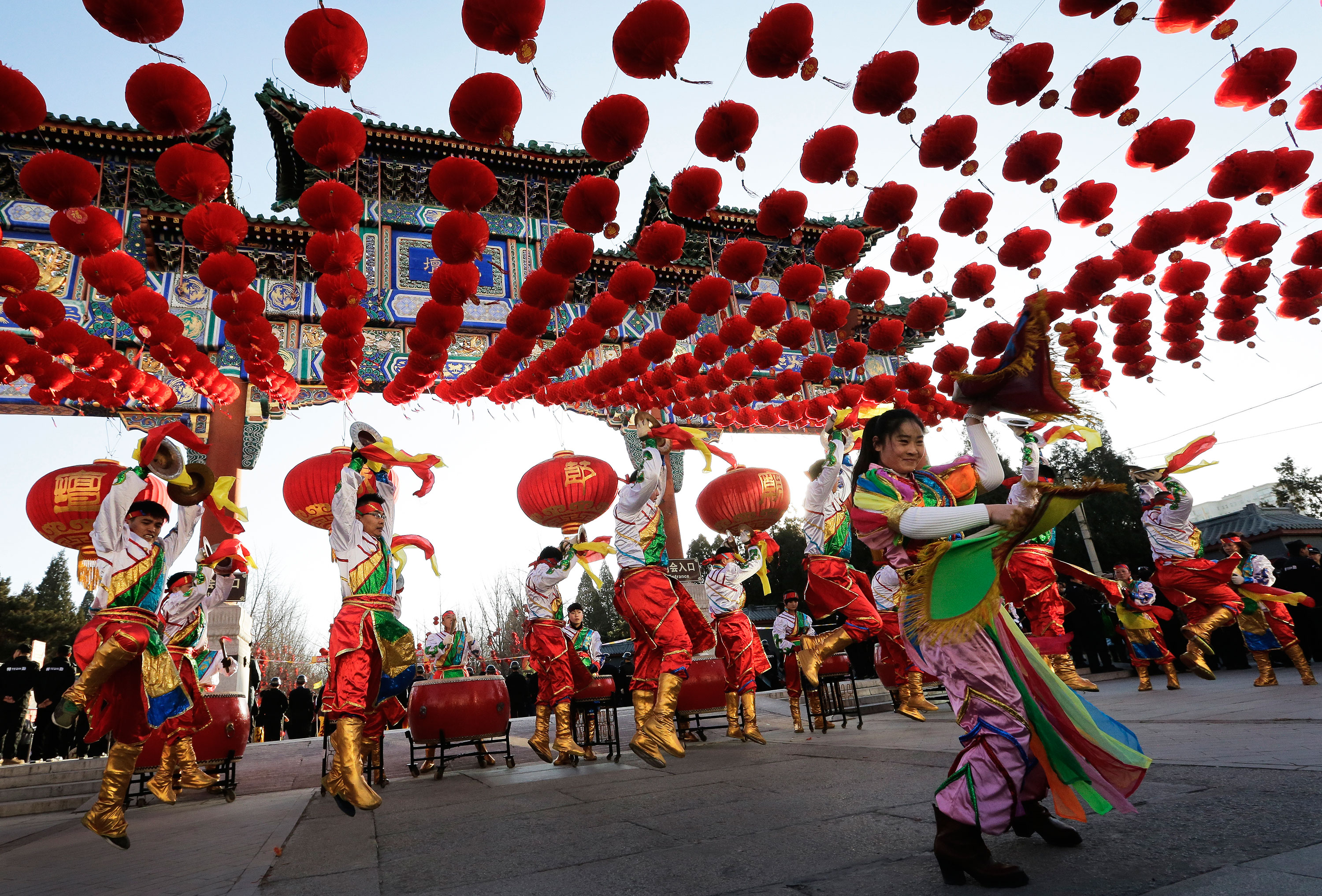 |
 |  |
 | 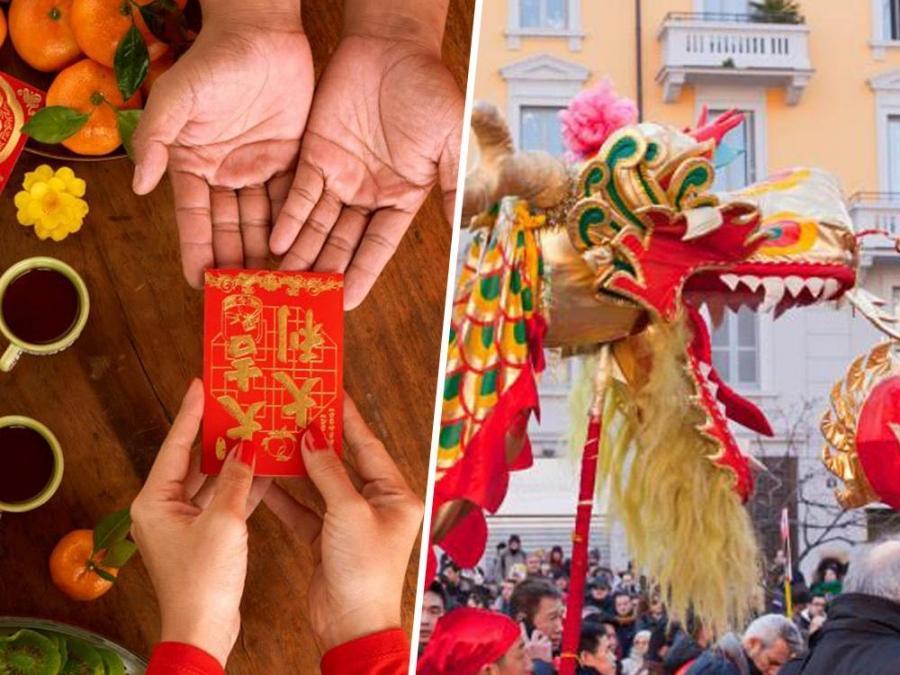 |
During Chinese New Year, people have a long list of things to do. From one week preceding the festival to the 15th day after, many Chinese New Year customs are widely observed for thousands of years. The family reunion dinner, eating dumplings, and setting off firework are the must-dos that you might know. What else interesting do the Chinese do? Everyone is familiar with the fundamental aspects of Chinese New Year, such as enjoying a reunion dinner on the eve, visiting relatives and friends, and partaking in the overall celebrations. However, it might be less commonly known that the traditional 15-day period of Chinese New Year encompasses its own set of customs and practices. The first day of the New Year is known as Yuan Dan (Chinese: 元旦; pinyin: yuándàn (First Morning of the year), New Year’s Day, First Day (or Duan Ri). During the 15 day period new year visits (Traditional Chinese: 拜年; pinyin: bài nián, translated: pay respect, worship, salute the year) will be made to family and friends. More specifically, the Lunar New Year tradition involves visiting family and friends starting on the morning of the first day of the new year around 8 a.m. or 9 a.m. Eating Chinese New Year Food. In most northern regions of China, there is a custom of eating dumplings (饺子) on the morning of the first day of Lunar New Year, which means “the exchange of new and old”. Also, because the shape of dumplings resembles ingots, it symbolizes a good omen of “attracting wealth”. The Chinese New Year is based on the Chinese Calendar which complies with the phases of the moon. According to this, Chinese New Year begins on the first day of the first lunar month of the Chinese Calendar (see table below). Chinese New Year will be celebrated all around the world in areas where a sizable Chinese population resides. Chinese New Year celebration is not exclusive to immediate family members, but among all relatives and friends. Married couples should visit the wife’s parents on the second day of the New Year. During the following days, people visit different relatives, bringing gifts and red envelopes to express care, love, and good wishes. Lunar New Year marks the beginning of a new year on China's traditional lunisolar calendar. It is a time for family gatherings. It is the most important festival in China (where it is known as Chinese New Year or Spring Festival), and it is also widely celebrated in South Korea (where it is known as Seollal), in Vietnam (as Tet), as well as Singapore, Indonesia, Malaysia, and other countries The Chinese New Year, or the Lunar New Year, is one of the biggest and oldest celebrations. The 15-day-long festivities begin with the Little Year and conclude with the Lantern Festival. As per the legends, on the first new moon on the Lunar calendar, people used to light red lanterns, burst loud Chinese New Year (Lunar New Year) is celebrated for sixteen days (from Chinese New Year's Eve to Chinese Lantern Festival). The preparations start half a month before Chinese New Year's Eve. Many celebration activities for this period are traditional customs, but some are quite new Chinese New Year 2025 falls on January 29th, 2025. To celebrate the New Year, people buy fireworks and firecrackers, because they make loud noises and can scare away bad things. But, they wait until New Year's Eve and the first day of the New Year to set them off at night. The 28th day of the 12th lunar month (January 27, 2025) - 腊月二十八. People start preparing pasta dishes. This guide explores the rich customs and celebrations that make Chinese New Year traditions 2025 a truly unique cultural experience. The Heart of Chinese New Year Traditions 2025: Family Reunion Dinner. At the center of the Chinese New Year celebration is the family reunion dinner on New Year’s Eve. This meal is not just food—it’s a Families often prepare and enjoy this sweet and chewy delicacy during the celebrations, believing it will lead to greater prosperity in the coming year. 15. Lantern Festival. Chinese New Year celebrations culminate with the Lantern Festival, which occurs on the 15th day of the first lunar month. There are many Chinese New Year traditions about dos and don'ts. Find out the top 18 things you should not do. Some are taboos on the first day of the Chinese New Year and some are superstitions for the whole New Year Festival season (from the 1st to 15th of the Lunar New Year). 1. Avoid taking medicine. During Chinese New Year, people will set off firecrackers on New Year’s Eve and the first day of the first lunar month. Use the sound of firecrackers to dispel the old and welcome the new, creating a festive and lively atmosphere. Giving Chinese New Year Red Envelope (红包) While most Westerners experience ‘Chinese New Year’ by watching parades in Chinatown and having a great meal, its traditions vary from country to country. The holiday is more aptly called ‘Lunar New Year’, as it marks the start of a new lunar cycle, and is one of the most important holidays in Asia. The traditional Chinese New Year holiday is 7 days, starting from the first day of New Year's Eve to the seventh day, with work starting on the eighth day. If you love Chinese New Year culture, this is the best time to visit China. There are more Chinese New Year traditions and customs, such as wearing new clothes, staying up late on Chinese New Year's Eve, watching the Spring Festival Gala, etc. How Long Is Chinese New Year Celebrations? Celebrations of Chinese New Year traditionally last for 16 days, starting from Chinese New Year's Eve to the Lantern Festival. The Half-day on Chinese New Year's Eve and the first day of Chinese New Year. [51] 1 Hong Kong: Lunar New Year: The first 3 days of Chinese New Year. [52] 3 Macau: Novo Ano Lunar: The first 3 days of Chinese New Year [53] 3 Indonesia: Tahun Baru Imlek (Sin Cia) The first day of Chinese New Year. [54] [55] 1 China: Spring Festival (Chūn Jié)
Articles and news, personal stories, interviews with experts.
Photos from events, contest for the best costume, videos from master classes.
 |  |
 |  |
 |  |
 |  |
 |  |
 |  |